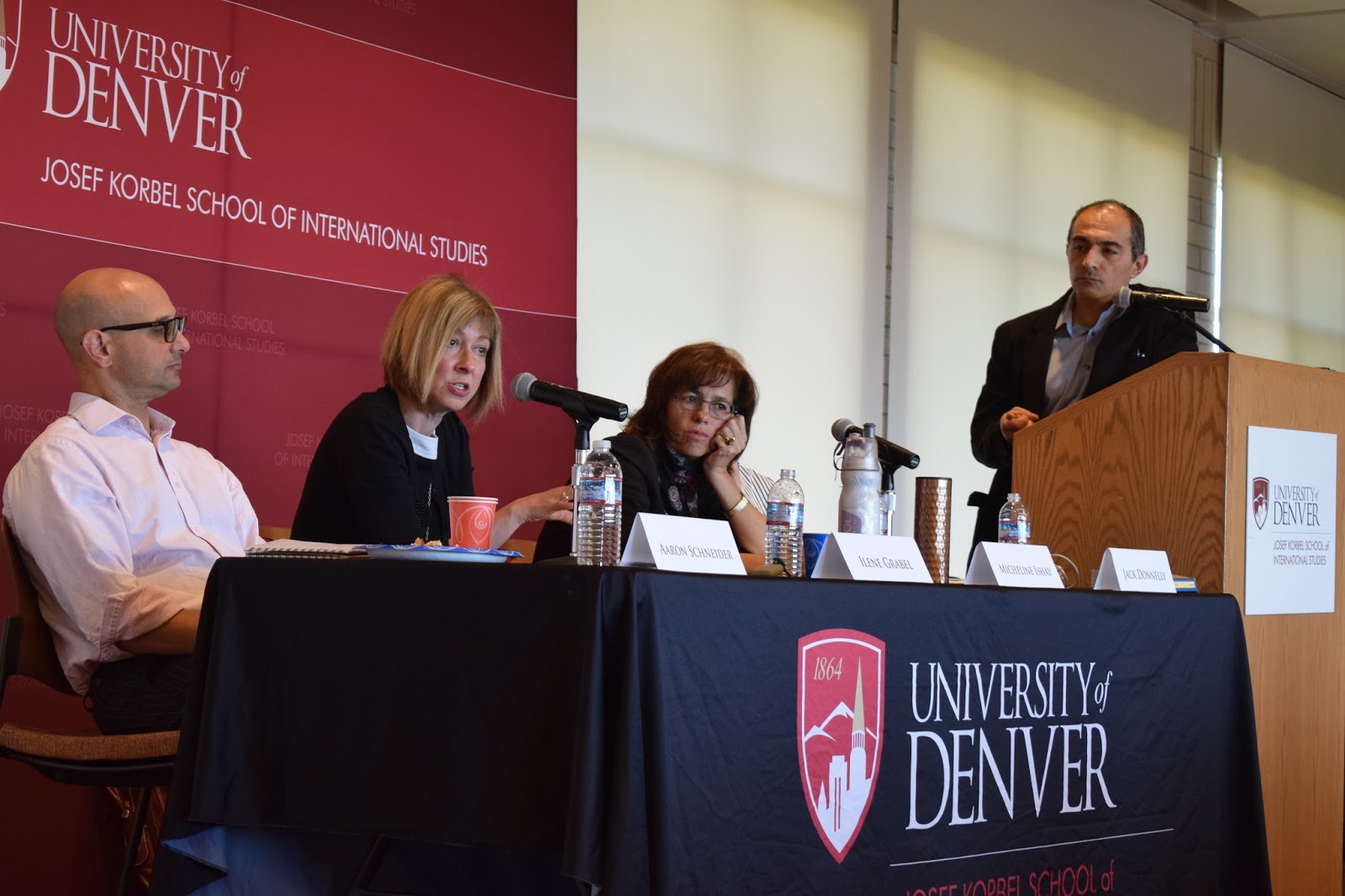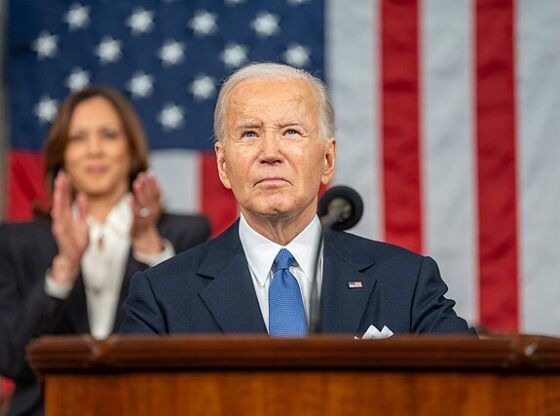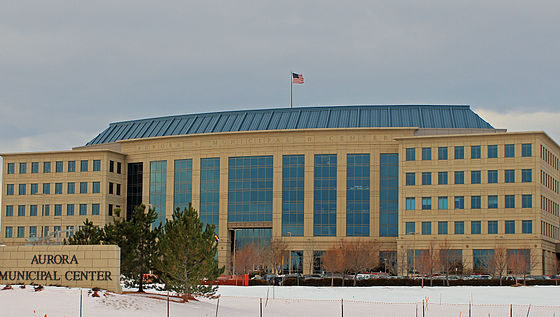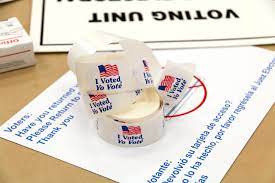DU professors explored the ramifications of Donald Trump’s presidency in a panel event entitled “Trump and the Crisis of U.S. Democracy: Implications for Global Affairs,” held in the Korbel School of International Studies last Thursday, Sept. 21.
“We’re gathered here today… to make sense of the enormous political crisis that has enveloped this country,” said panel moderator Dr. Nader Hashemi in his opening statement.
The hour and a half panel was attended by a nearly-full crowd of professors, students and the general public. It served as the annual kick-off event put on by the Korbel School’s Center for Middle East Studies, of which Hashemi is the director.
The center’s kick-off events usually take the form of presentations on more niche topics to welcome students to Korbel. However, as Hashemi explained, this year was forced to be held on an issue “more pressing than any regional concern, and its name is Donald J. Trump.”
As such, the event took on an urgent but thorough tone. Hashemi and the four Korbel faculty panelists sought not to “trash Trump,” as panelist Jack Donnelly said, but rather, through their various areas of expertise, paint a comprehensive picture of what his presidency means for the U.S.
“We seek today to diagnose, interpret this crisis…and find an answer to what the roots of it are,” said Hashemi.
Dr. Jack Donnelly, a professor of International Relations Theory, took to examining the problem of the Electoral College system, of which he claimed that Trump, as well as widely panned congressmen Mitch McConnell and Paul Ryan, is “merely a symptom.”
“[The Electoral College] is fundamentally American, but fundamentally non-democratic,” Donnelly said, expounding on the problems of voter disproportionality and widespread gerrymandering and calling for non-partisan reformation of the College.

Economics Professor Dr. Ilene Grabel criticized Trump’s welcoming of a depreciating dollar and misunderstanding of China’s currency policies. Meanwhile, Human Rights professor Dr. Micheline Ishay explored the populist nature of Trump’s campaign. She examined Trump’s rise to power in terms of Machiavellian tactics and offered possible strategies to counter his nationalist ideology and “recast the debate.”
Later, Professor Aaron Schneider’s remarks focused on the administration’s policy of “maligned neglect” in Latin America that has allowed non-democratic leaders in the region to “play their political systems” and gain power. He mentioned his policy of selectively turning down speaking engagements in U.S. embassies in Latin American countries as a form of resistance.
The second half of the event, in which panelists answered questions from the audience and Hashemi, specified the discussion further and induced lively, civil debate.
Ishay commented on the near futility of changing the Electoral College when an average of 40% of eligible Americans do not vote. A similarly grim proposition came when a question was posed about Trump’s relations with “strongmen” dictators around the world, such as the Philippines’ Rodrigo Duterte; Grabel posited that Trump’s acceptance of these leaders “normalizes his behavior.”
However, brighter perspectives were offered by both; Ishay brought up the promise of changing to a two-ballot system similar to France’s. Likewise, Grabel mentioned that a potential benefit of the rise of “strongmen” was that it encouraged the unity of other leaders around the world, such as Canada’s Justin Trudeau, in issues such as climate change.
Despite the professional tone, the faculty did not shy away altogether from making occasional digs on the 43rd president.
Hashemi remarked that the event was intended to “explore the effects of Trump’s foreign policy… to the extent that he has a coherent foreign policy,” while various other jokes in the Q&A section were consistently met with chuckles from the audience.











